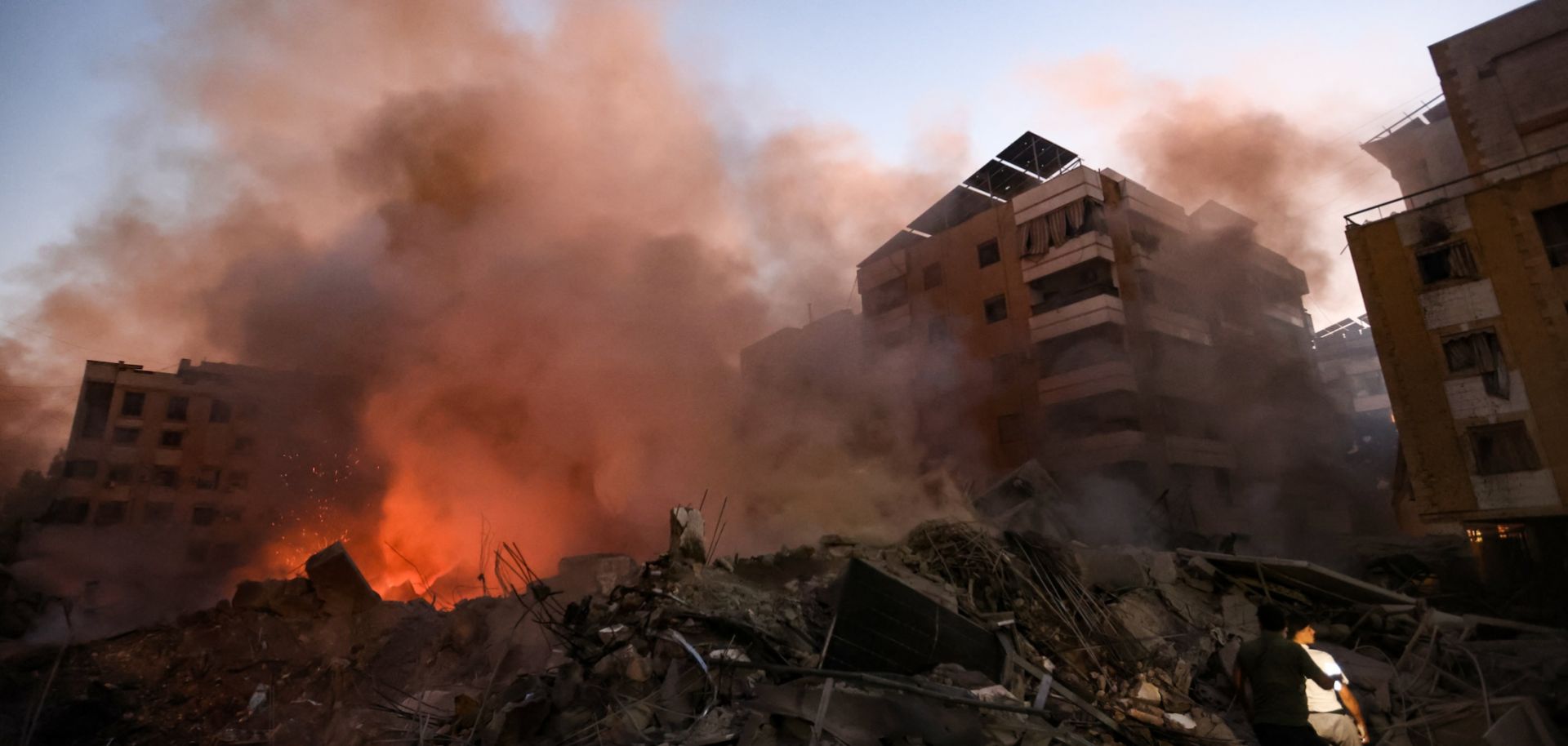Israel's attempted assassination of Hezbollah leader Hassan Nasrallah indicates that Israel will further escalate targeted strikes on the Lebanese militant group's most senior political figures, thus compelling Hezbollah to also expand the scope and scale of its strikes on Israel. But such strikes are unlikely to deter Israel, raising the risk that Iran will eventually have to directly intervene to protect Hezbollah, its most reliable proxy. On Sept. 27, the Israel Defense Forces (IDF) carried out multiple airstrikes on the Haret Hreik neighborhood of the Beirut suburbs, where Hezbollah's main military headquarters is located, in an attempt to kill Nasrallah. Hezbollah claimed that he was not killed in the strike, which targeted an underground bunker routinely used by both Hezbollah and Iranian forces to coordinate their ongoing conflict with Israel. Nevertheless, as of the evening of Sept. 27, Hezbollah had not yet provided clear proof that Nasrallah had survived. Regardless,...

